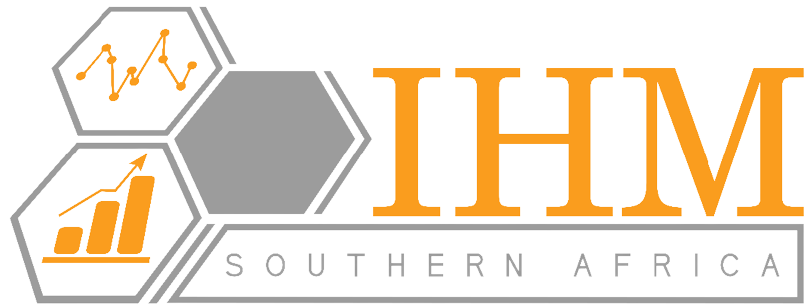Explore Our work
Strengthening Capacity For Health Information Systems Sustainably
Through the Strengthening Capacity for Health Information Systems Sustainably (SCHISS) project, IHM is collaborating with the Zambian Ministry of Health and other stakeholders to implement a data-driven national HIV/TB response. Supported by funding from the President’s Emergency Plan for AIDS Relief (PEPFAR), the project aims to refine and innovate the national health information system, SmartCare, aligning it with HIV/TB priorities.re
Status: Active
Integrated Decision And Analytics Support Project
The Integrated Decision and Analytics Support (IDeAS) project, supported by the U.S. President’s Emergency Plan for AIDS Relief (PEPFAR) funding and a collaboration between the Ministry of Health, CDC, BroadReach consortium, and IHM Southern Africa, aimed to develop integrated patient management systems that would transform healthcare delivery in Zambia.
Status: Completed
Unique Patient Identifier System
IHM Southern Africa, supported by UNAIDS and WHO, conducted a survey to understand the preferences for unique patient identifiers (UPIDs) among Eswatini nationals. These UPIDs were designed to manage patient identification, protect sensitive health information, prevent record duplication, ensure accurate treatments and prescriptions, enable proper surgical procedures, and facilitate data linkage across healthcare organizations.
Status: Completed
Priorities For Local AIDS Control Efforts Project
The DREAMS initiative in collaboration with IHM Southern Africa, conducted a research study called Priorities for Local AIDS Control Efforts (PLACE) to inform targeted interventions. The findings from the PLACE study provide crucial insights for developing targeted HIV prevention strategies for AGYW in Eswatini.
Status: Completed
AGYW Cash Incentives Study
Working closely with national stakeholders, IHM developed a web-based data collection tool and a real-time analysis platform. They enrolled 4,300 participants, providing necessary referrals and treatment for HIV-positive and STI-positive individuals and their partners. Collaboration with the National Emergency Response Council on HIV/AIDS (NERCHA) and the Ministry of Education (MOE) facilitated the implementation of the education intervention, capturing relevant school enrollment and attendance data.
Status: Completed
Client Management Information System Project
The Client Management Information System Project (CMIS) project, backed by the Global Fund, USAID, and MEASURE Evaluation, aimed to tackle Swaziland’s prevalent HIV epidemic. By leveraging national identification numbers and unique patient identifiers, the CMIS system facilitated accurate patient identification and the delivery of top-quality medical treatments. IHM Southern Africa played a pivotal role in designing and scaling up the CMIS system, ensuring its successful adoption in over 80 health facilities
Status: Completed
Enhancing Strategic Information Project
Collaborating with organizations such as the U.S. President’s Emergency Plan for AIDS Relief (PEPFAR), the United States Agency for International Development (USAID), and the U.S. Centers for Disease Control and Prevention (CDC), the project focused on building capacity in data collection, analysis, interpretation, reporting, monitoring, evaluation, decision making, and policy information. IHM Southern Africa provided technical assistance and system strengthening expertise to implement and co-manage the ESI project.
Status: Completed
Swaziland HIV/AIDS Programme Monitoring System
SHAPMoS aims to collect data on various aspects related to HIV/AIDS, including prevention activities, education and awareness campaigns, behavioral interventions, and support services. The system helps to monitor the implementation and impact of these programs, ensuring that the interventions are effective and reaching the intended target populations. IHM Southern Africa was contracted as a technical advisory contractor to develop a framework to strengthen the system through the review of existing indicators, and the development of new indicators and customized reporting requirements for standard and ad hoc reports.
Status: Completed
Lutsango LwakaNgwane Project
Working in the Hhohho and Manzini regions, the Lutsango Project successfully challenged GBV norms and their association with HIV infection. IHM Southern Africa played a crucial role in managing and securing study data while employing cost-effective methods for data collection. The project’s findings emphasized the importance of economic empowerment interventions alongside efforts to change HIV/AIDS, sexual and reproductive health, and GBV norms.
Status: Completed
